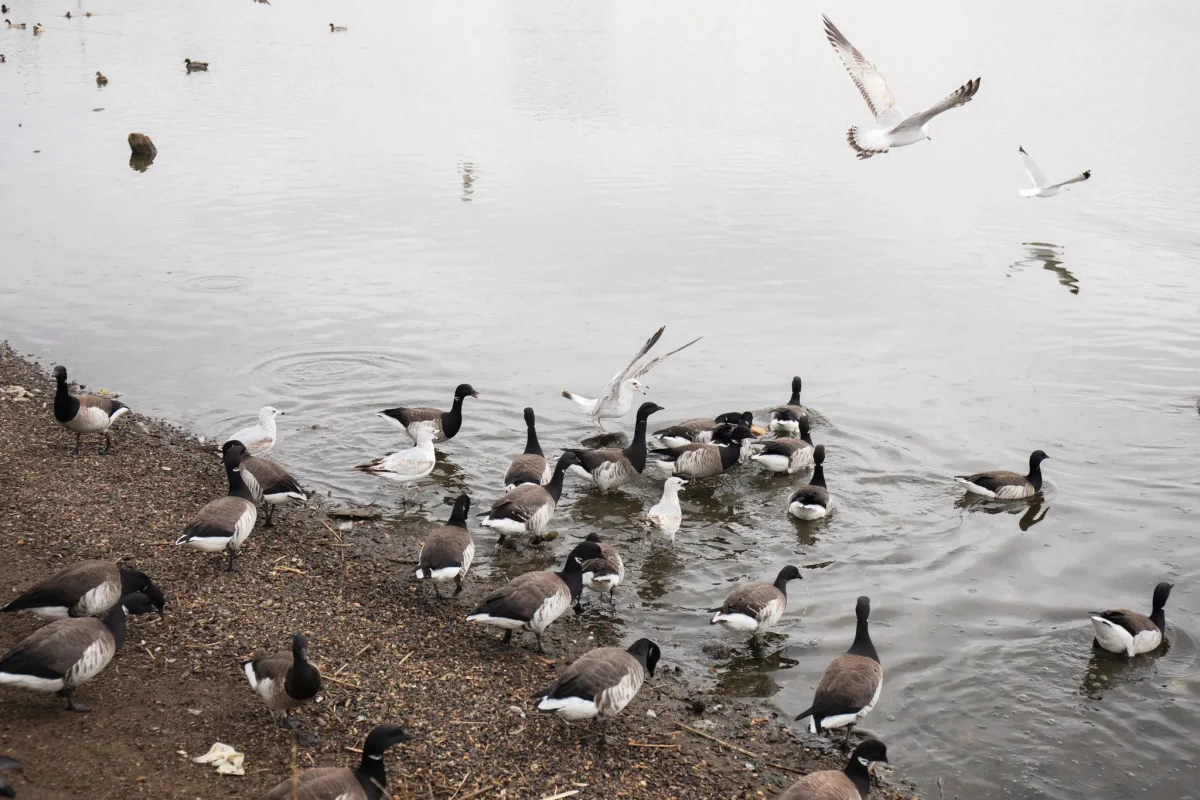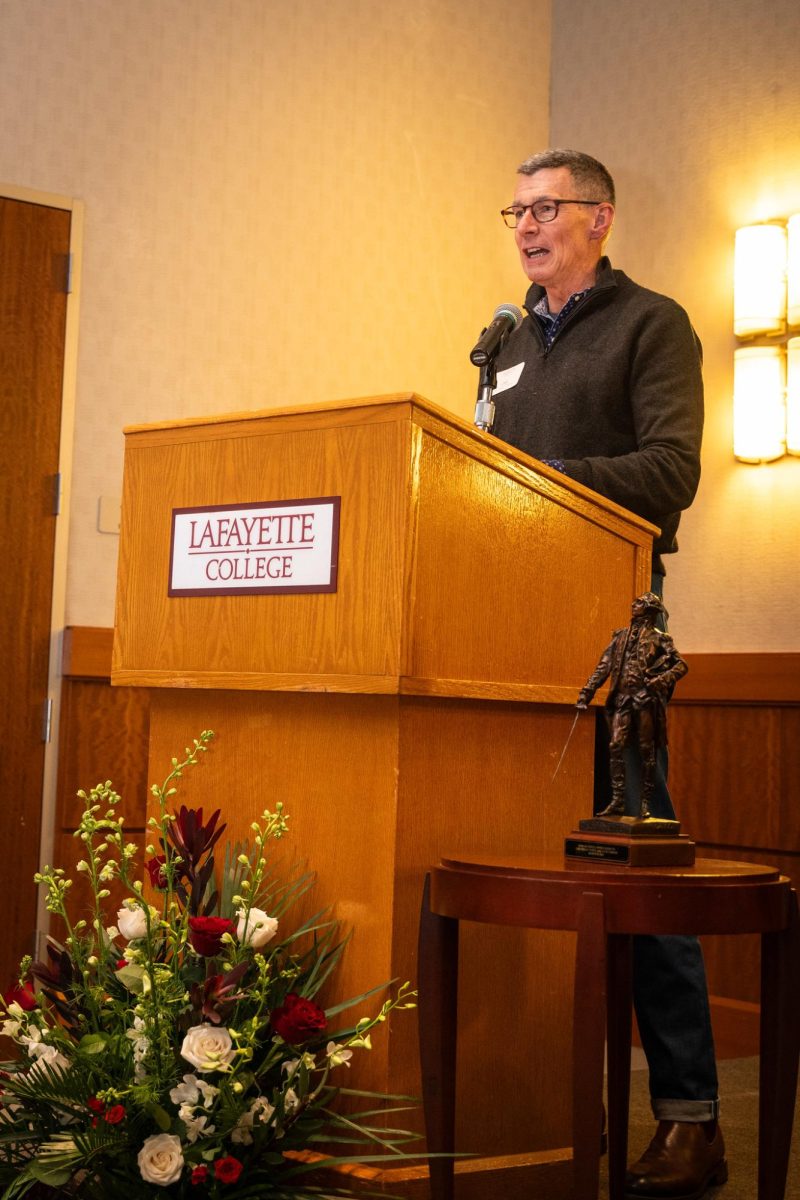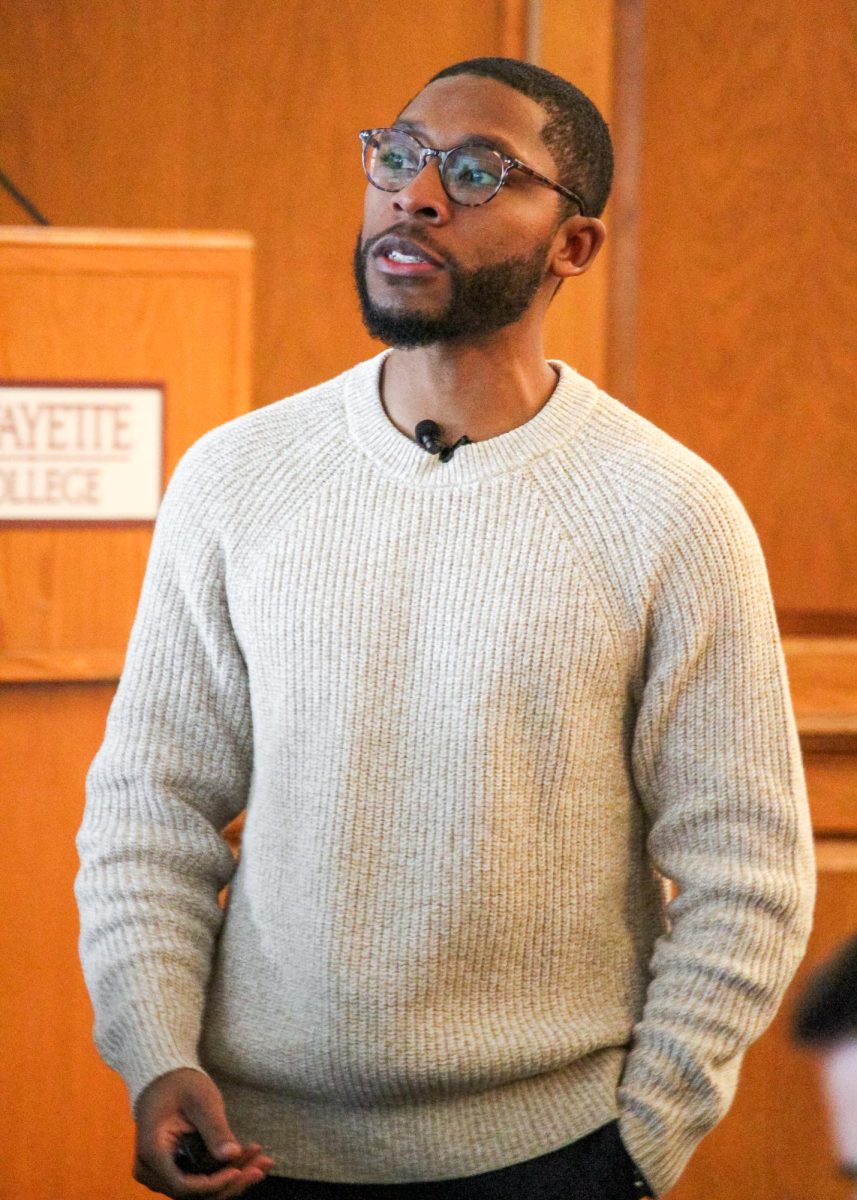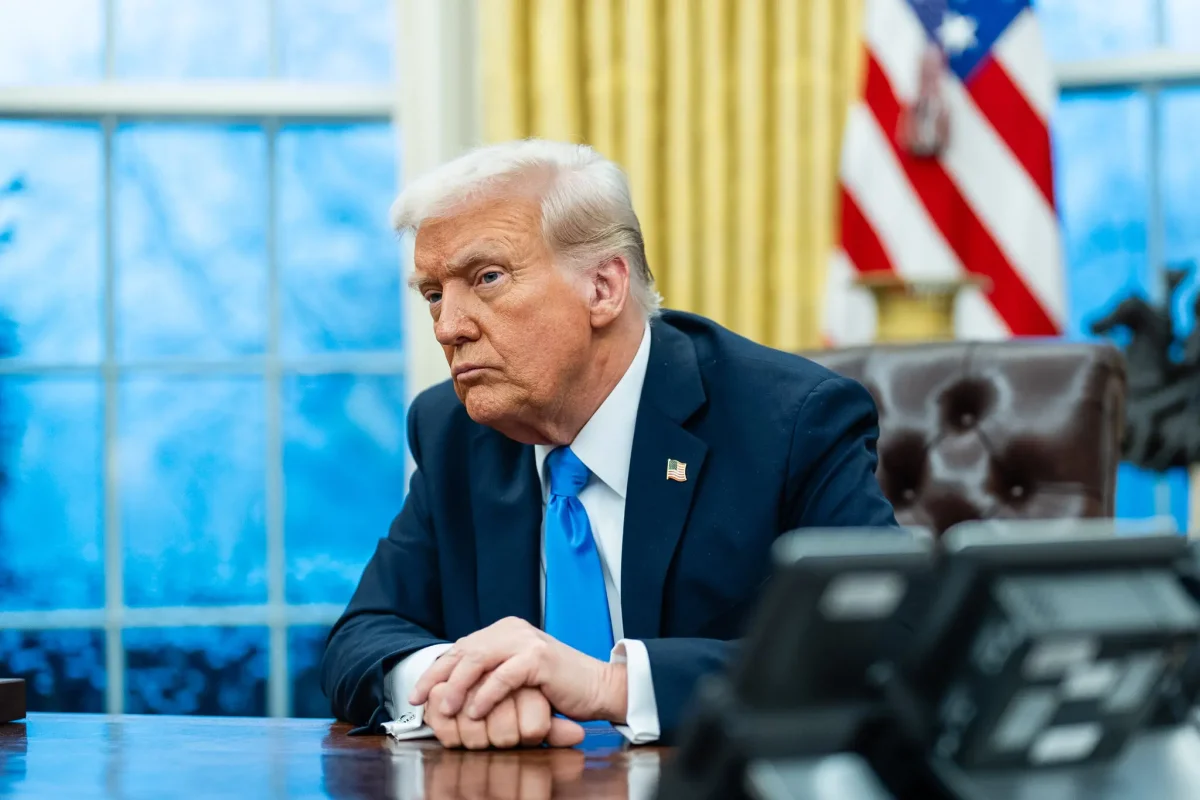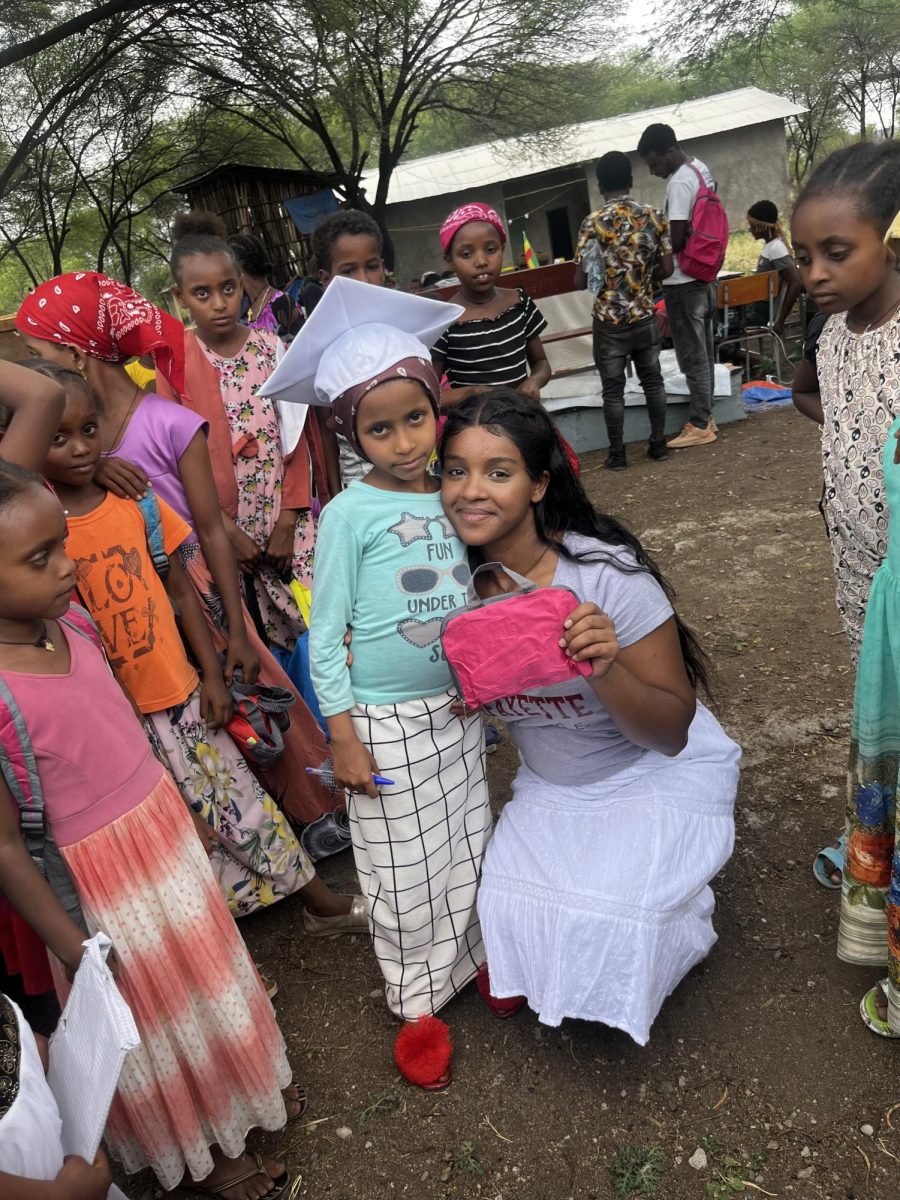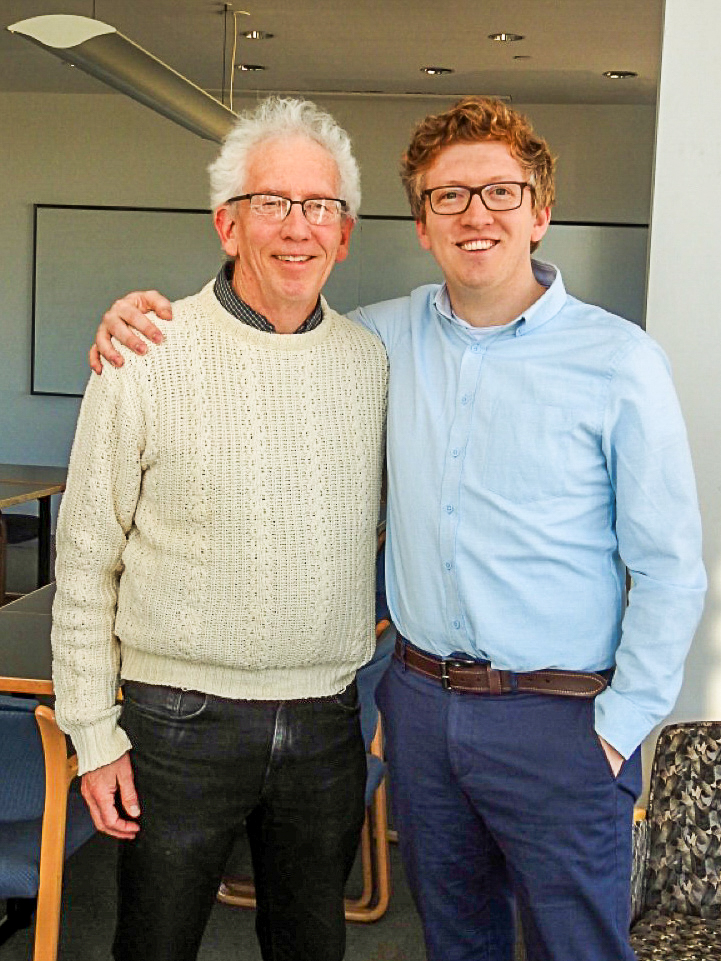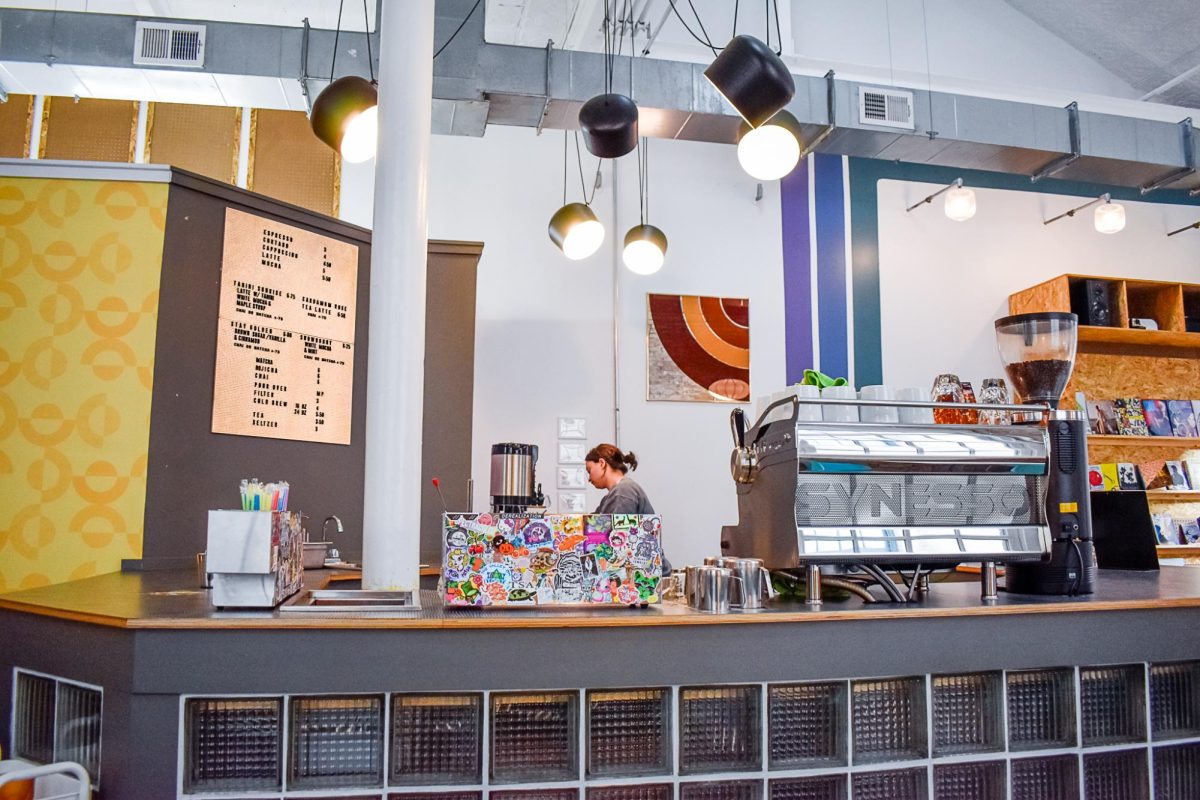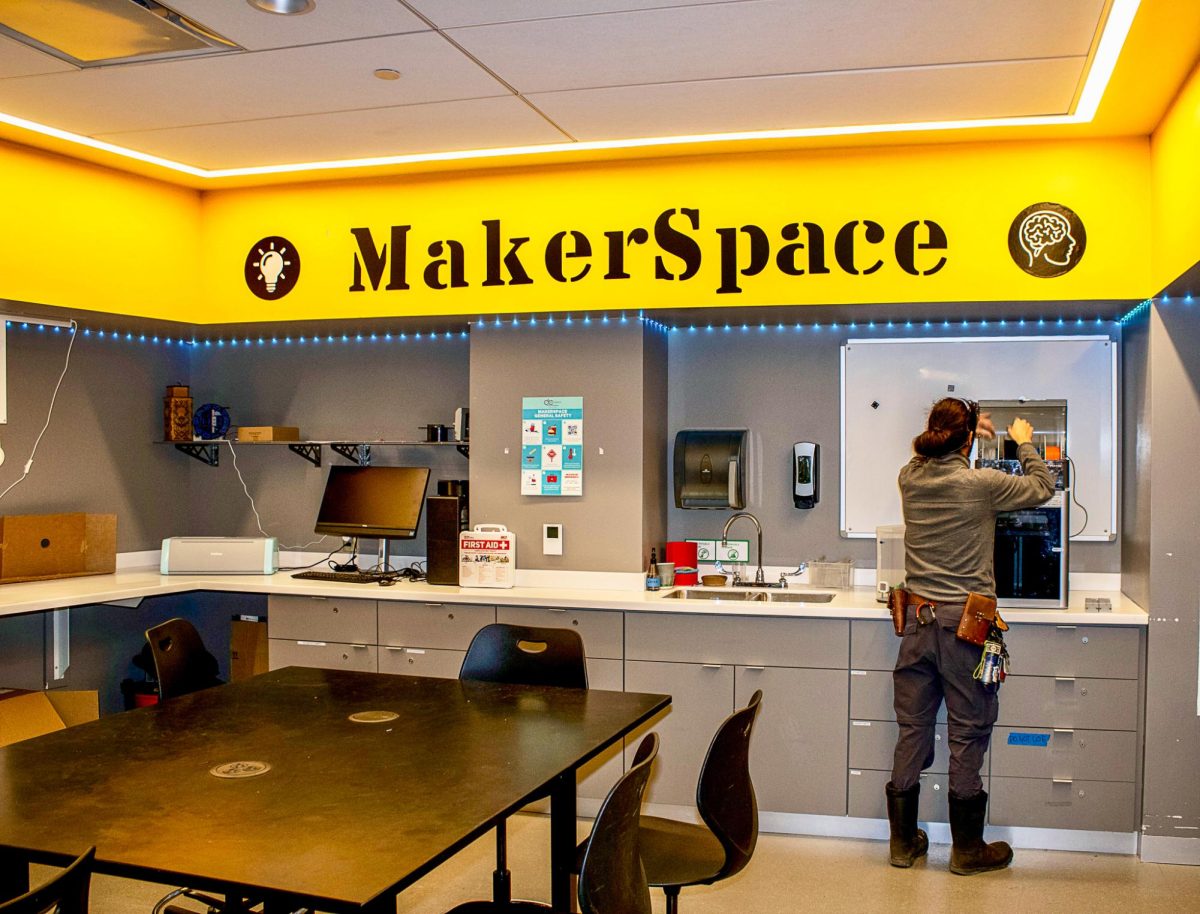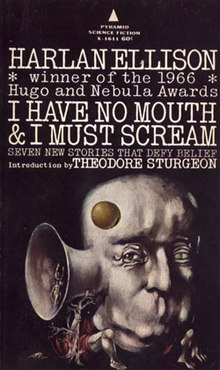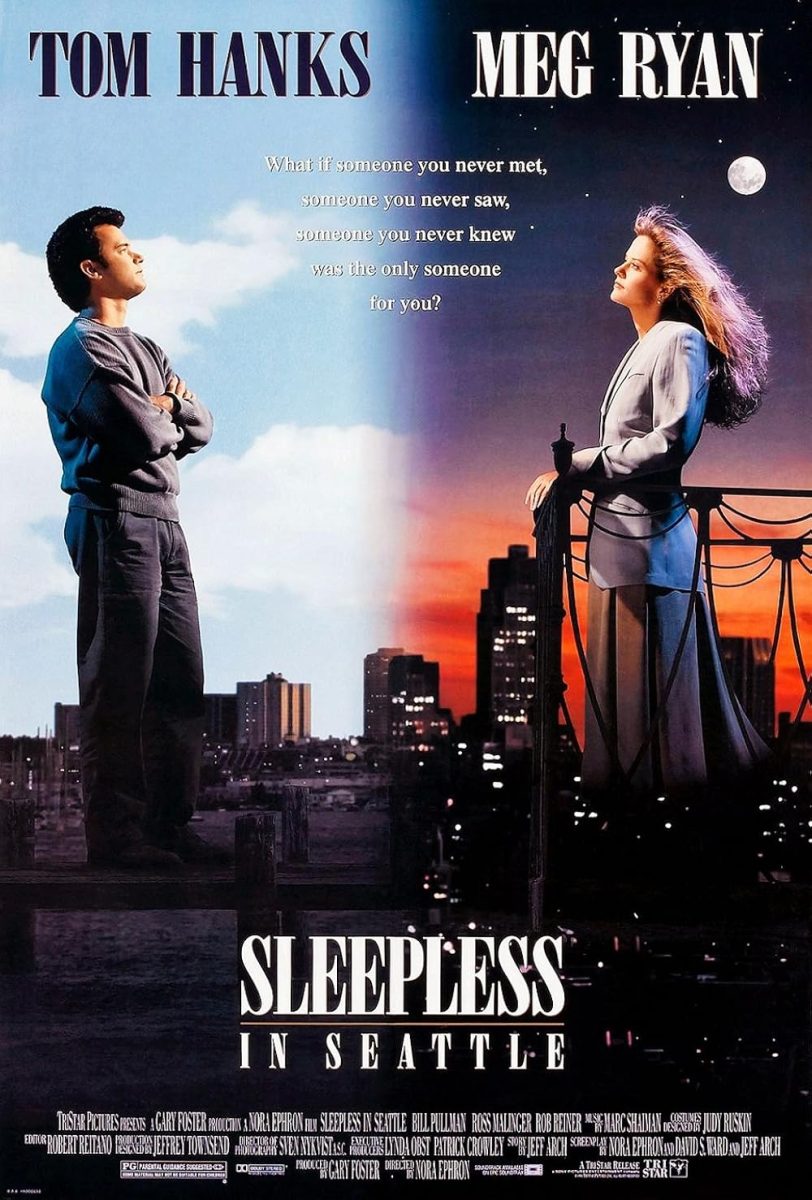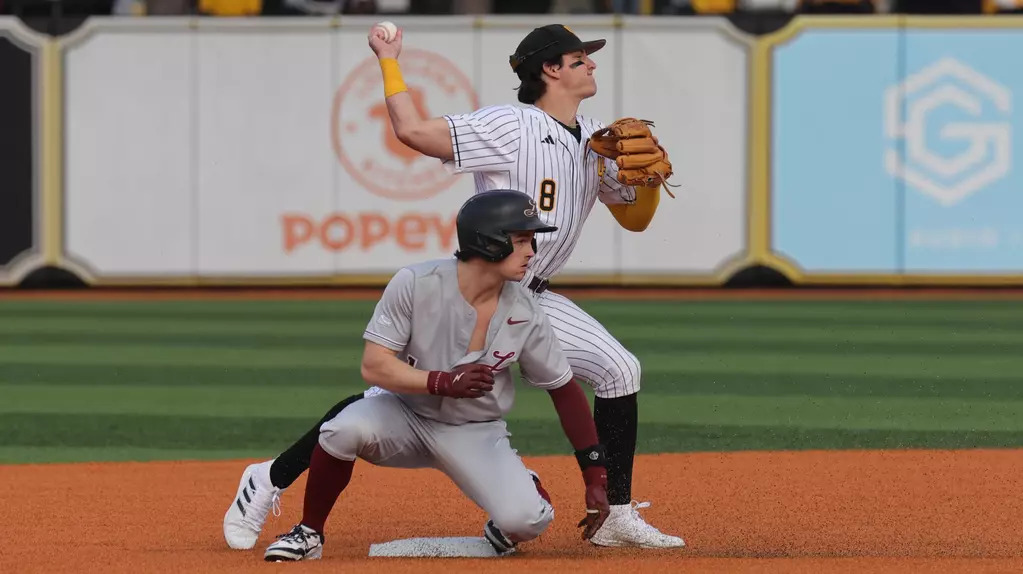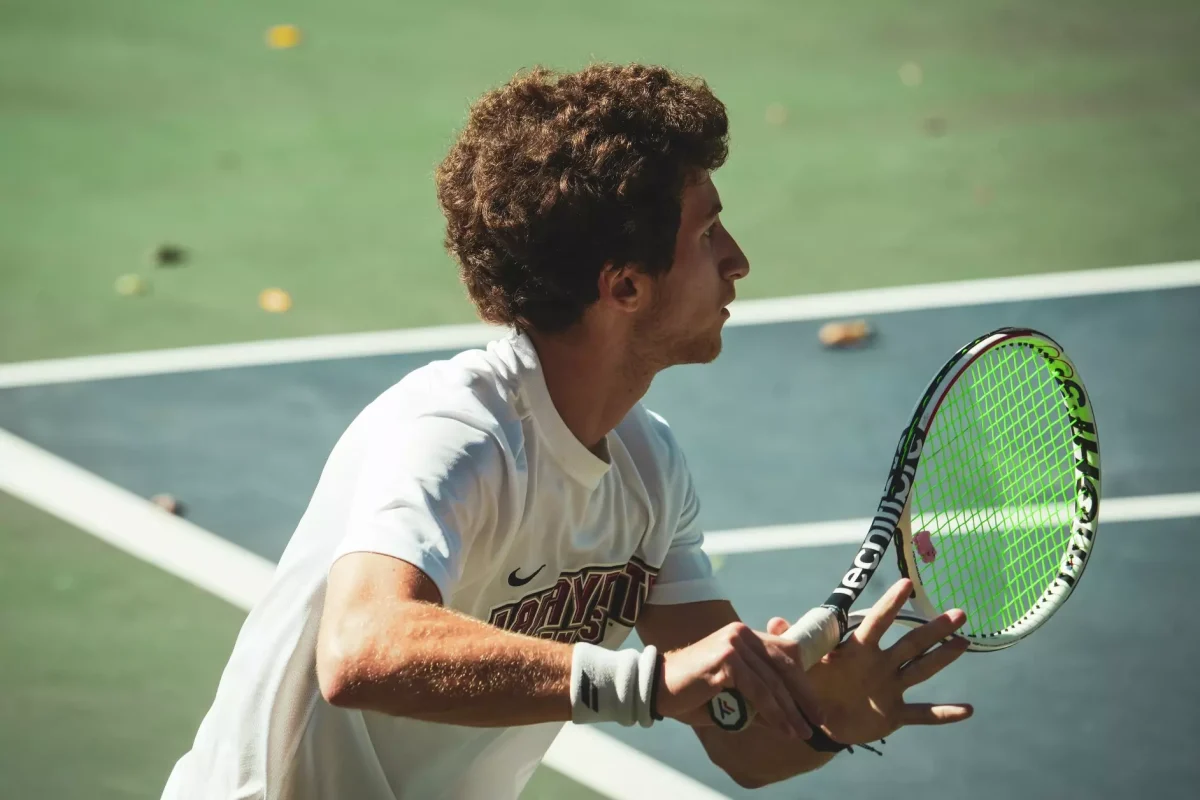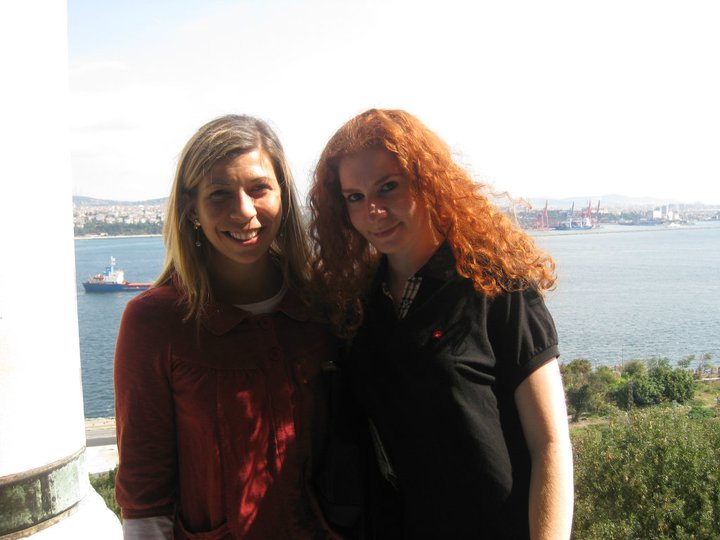With midterms coming to a close, 11 students and three faculty advisors affiliated with the McKelvy House at Lafayette, are preparing to head on an international spring break trip. The group will be spending six days in Istanbul, Turkey, immersing themselves in a culture that they have been discussing for half a semester.
Professor Rachel Goshgarian, the faculty advisor to the McKelvy House Scholars Program, proposed the trip after she was recently notified of a large sum of money in the McKelvy budget.
“I got an e-mail from a [Lafayette College] administrator that I’d never heard of,” Goshgarian said. The sender informed her that approximately $40,000 specifically set aside for the McKelvy House Scholars Program had not been touched in several years.
Initially, Goshgarian couldn’t believe it. She was sure she would have known about the funds, she said.
After receiving confirmation, Goshgarian held a discussion with the residents of McKelvy House to decide how to use the newfound funds. Since Goshgarian lived in Turkey for several years, she proposed that the group use the money to visit the country over spring break.
According to McKelvy House Scholar Bilal Akbar ‘18, the group was deciding between visiting Turkey or Venice, another city Goshgarian studied. The majority ultimately decided on Turkey.
The McKelvy House budget will cover the plane tickets and the hotel, though it will not cover museum entrances, transportation within the city or food expenses, Akbar said.
Once Goshgarian got approval for the trip, she said she started filling out the necessary paperwork.
“But I wasn’t really convinced we were going until we bought the plane tickets around two weeks ago,” she said.
Part of the reason for this uncertainty had to do with the current uneasy geopolitical landscape in Turkey.
Last Sunday, a bombing in Ankara, Turkey took the lives of at least 35 civilians, according to CNN. A travel warning has also been in place for southeastern Turkey since late February. But Goshgarian said that there is nothing to fear in Istanbul.
“If the U.S. hasn’t changed the travel warning [to Istanbul], we shouldn’t be afraid,” Goshgarian said. “I think, unfortunately, this is the world we live in right now. My concern has not increased because of the recent bombing in Ankara, although I am very saddened by it.”
One of her concerns, instead, is about freedom of the press. When trying to organize a meeting between a Turkish colleague of hers and the McKelvy travelers, Goshgarian said that her friend could not provide a definitive plan to meet up. Someone her colleague knew had been imprisoned earlier in the week for their writings.
Nicole Bauer ’16, who does not live in McKelvy but is an active member of the house and is going on the trip, said that she said she hopes the group will be able to discuss the attacks in Ankara and the concerns about freedom of press with people in Istanbul.
According to Akbar, the house has been having weekly talks about Turkey for most of the semester, where they address a variety of different aspects about the politics and culture of the country. He said that the geopolitical landscape of Turkey particularly appeals to him.
“As a Middle Eastern person, it has a great deal of impact on my life,” said Akbar, who is a quarter Persian.
“It gives you a different perspective, it shows you a different part of the world,” Bauer said. “Especially a part of the world that has come under a lot of xenophobia lately, because there is a big Muslim population.”
While Goshgarian may not be able to introduce the group to her Turkish colleague, she is excited about a private meeting she organized with a widely-influential, international political figure.
“We’re going to meet with the Ecumenical Patriarche, one of the most important religious leaders on the planet,” Goshgarian said. “He’s kind of the last vestige of the Byzantine Empire that’s embodied in one person. The meaning of this individual is huge”
Overall, Goshgarian said she hopes that students will take away two major points from the trip.
“[I hope they] understand the length and depth of history beyond the small American story, and also become a little bit more comfortable with [cultural] difference,” Goshgarian said.
“They are a uniquely curious group of students, and so I’m sure they’ll get a lot out of it,” she added.




